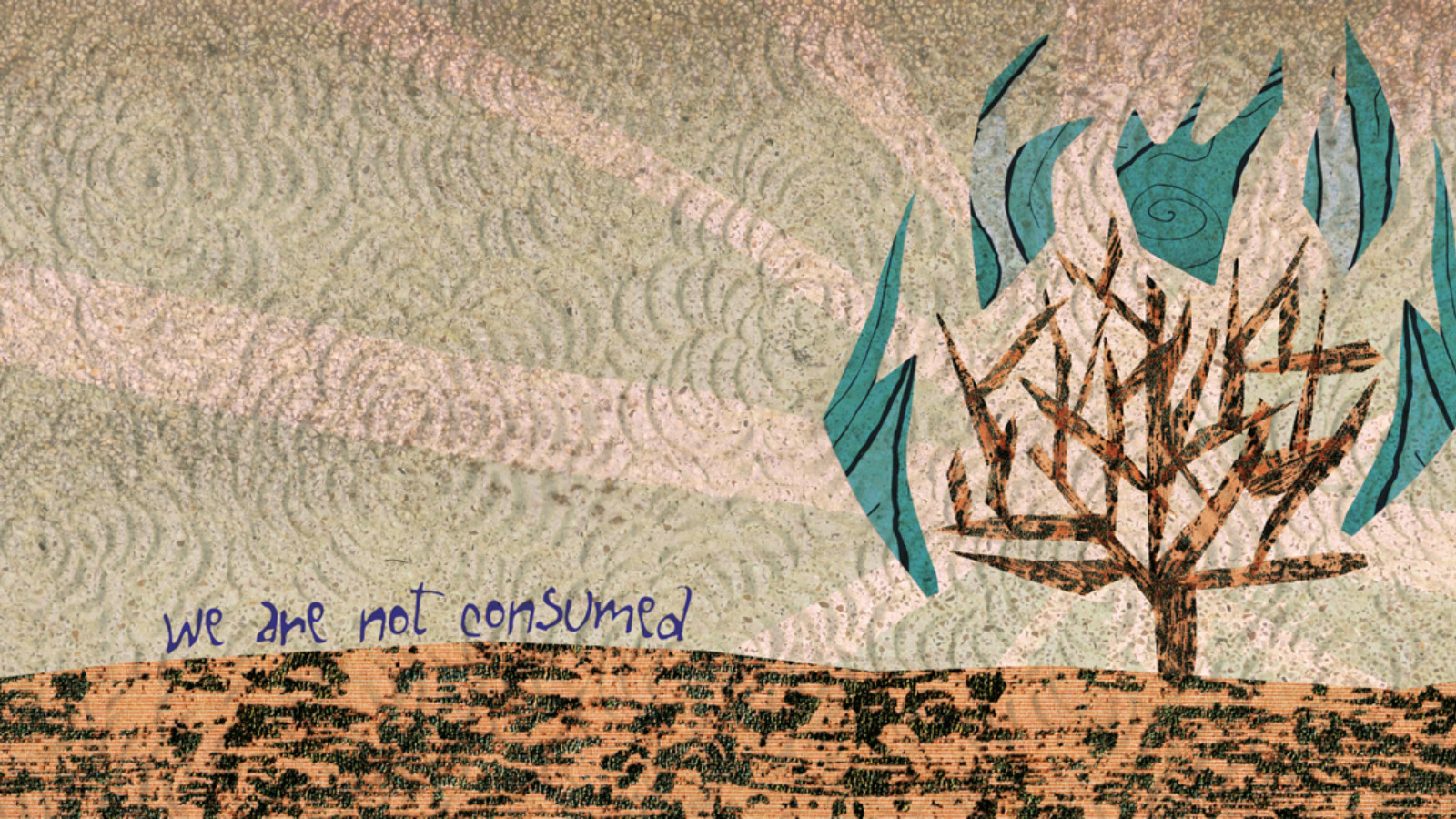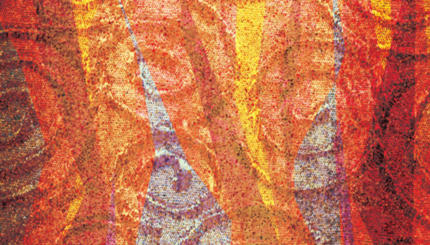Commentary on Parashat Shemot, Exodus 1:1-6:1
We often make excuses: “I’m too tired — I’ll just skip exercising this morning” … “It’s been a long week — maybe my co-worker won’t miss me at tonight’s shiva minyan for his father,” … or “It’s been months since I raised my voice to my child — she probably forgot, and I don’t need to apologize.”
Excuses often roll off the tip of our tongue. We’re too tired, frazzled, insecure, unsure, overwhelmed or distracted. Showing up emotionally and physically when we are called upon counts for a lot. Which is why it’s intriguing that Moses and God have such an intense connection at the Burning Bush, and then when God asks for Moses’ help in freeing the Israelites from slavery, the last thing Moses wants to do is show up and help God.
Moses comes up with three excuses that parallel three great human fears. It takes a lot of convincing on God’s part to put Moses at ease, build his confidence and get him on board.
God begins God’s request with clear directions: Gather the Israelite leaders and tell them that the God of Israel has heard their cries, has taken note of their sufferings and will free them from Egypt by bringing them to a land of milk and honey. God assures Moses that the people will listen to him, that God will smote the Egyptians with a mighty hand (read: plagues) and that after working for hundreds of years as slaves, the Israelites will leave with silver, gold and clothing (Exodus 3:16-22).
With your help, My Jewish Learning can provide endless opportunities for learning, connection and discovery.
Sounds convincing, but Moses is not persuaded. His first rebuttal: “They won’t believe me, and they won’t listen to me.” (Exodus 4:1). Not to worry. God has some magic tricks up God’s sleeve. God teaches Moses to transform a rod into a snake, how to turn his healthy hand into one with a scaly affliction and how to turn the water of the Nile into blood. And still, Moses isn’t convinced. He’s worried: No one will hear me, they won’t get me, and they won’t take me seriously.
This is our first greatest fear: That those we deeply love and care about won’t ever really get us.
Then Moses comes up with his second excuse: “Please, my Lord, I have never been good with words… not in the past and also not now… I’m slow of speech and tongue.” (Exodus 4:10) Traditionally this has been interpreted to mean that Moses has a speech impediment. For a second time, God has an answer for his legitimate insecurity: “Yes, I know that. I, God, am the one who gives humans the ability to speak. I will be with you, and you will speak as I instruct you to do so.” (Exodus 4:11-12)
This is our second greatest fear: I don’t have the skills to make a difference in the world. Other people are so much more refined, smarter, taller, prettier, well-educated or financially secure than I am. Who am I to take a leadership position at my child’s school, to help soften a hostile work environment, to organize a public policy change in my city or to write to my congressperson and express my opinion?
God keeps pushing Moses, and Moses keeps pushing back. Moses comes up with his third and final excuse: “Make someone else your agent,” essentially, I’m not taking the job! (Exodus 4:13) At this point God loses God’s cool. The Torah says God gets angry and responds with a third solution: Moses’ brother Aaron will be his spokesman and his right-hand man. Then once again God calms down to reassure Moses that God will be with the two brothers and guide both of them as they work in partnership with God to free the Israelite people.
What Moses is really expressing is our third deep fear: When put to the test, I don’t think I can actually do what others want of me, I’m scared I won’t fulfill my destiny in life, be the person I’m meant to be, change for the better, or even live up to even my own hopes and dreams for myself.
The Jewish theologian Martin Buber recounts the famous story of the Hasidic Rabbi Zusya, of the late 1700s, who before his death said, “In the coming world, they will not ask me: ‘Why were you not Moses?’ They will ask me: ‘Why were you not Zusya?”
All Moses needed to do was be Moses. All each of us need to do is be the best person we can be, responding to the challenges around us and the unique qualities we are gifted. It’s about showing up and hearing the call.
The Jewish spiritual practice of Mussar, which challenges us to examine our personality traits through a Jewish lens, closely associates Moses’ challenge in this week’s portion with the human trait of humility (anavah in Hebrew). From a Mussar perspective, humility is not making oneself low or little. Instead, it’s about knowing one’s place in the world, taking up the appropriate space based on our situation and leaving room for others. Moses’ reluctance and excuses challenge us to think about what each of us is called to do in our intimate relationships, in our friendships and with our family members. They challenge us to question when we make excuses, how much we speak and if and when we lead or follow.
Like Moses, we, too, worry that those we deeply love and care about won’t ever really get us, that we aren’t good enough or are lacking in some way, or that we won’t be able to fulfill our unique destiny in life.
We relate to Moses’ pain. We may have even peered down his path. This week’s portion calls each of us to metaphorically hold Moses’ hand – and the hand of every fellow human being – as he and they and we try to conquer our great fears.
Mussar
Pronounced: MOOS-ur (oo as in book), Origin: Hebrew,19th-century Lithuanian movement that sought to promote greater inwardness, religious piety, and ethical conduct among traditionally minded Jews.
Torah
Pronunced: TORE-uh, Origin: Hebrew, the Five Books of Moses.



